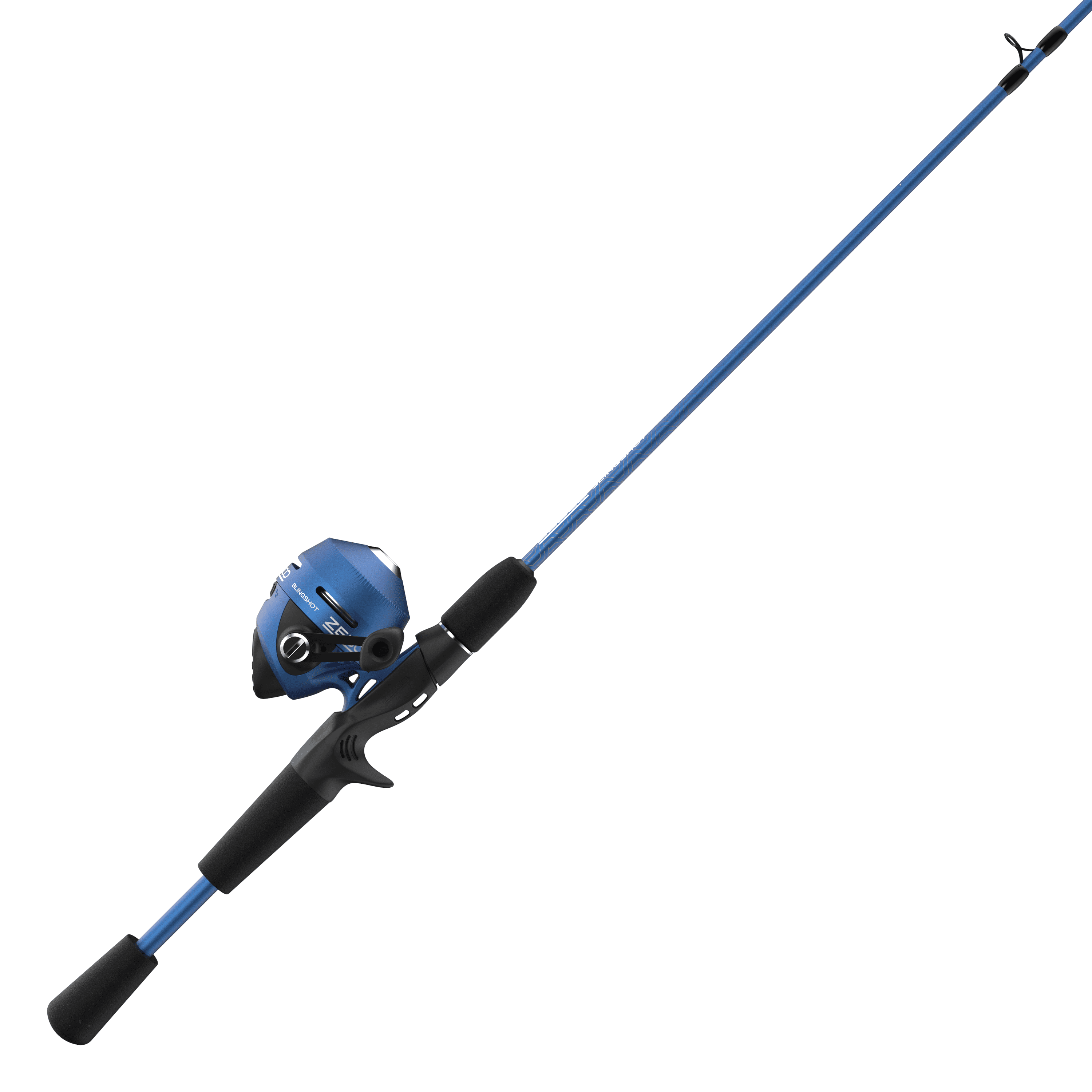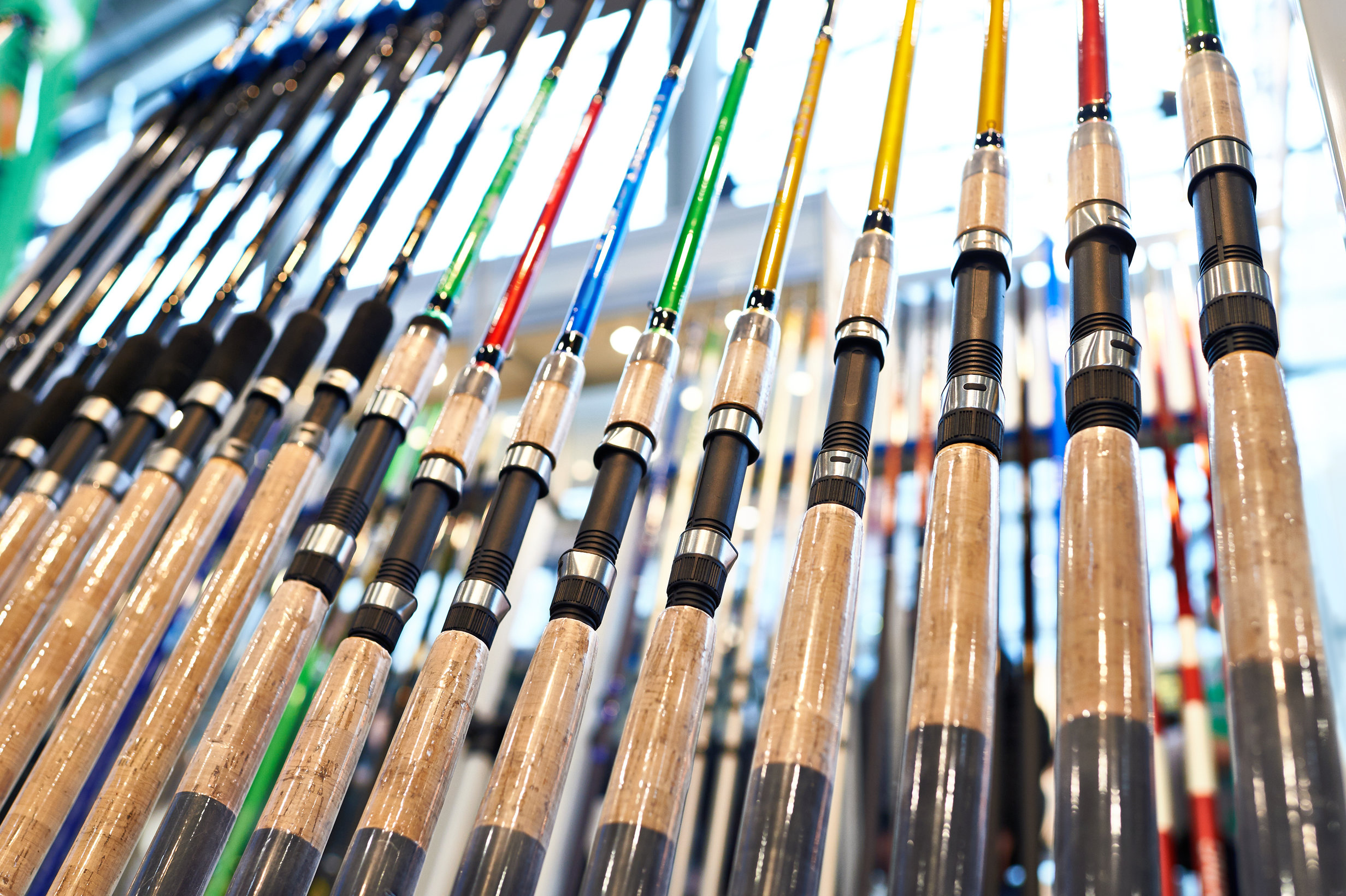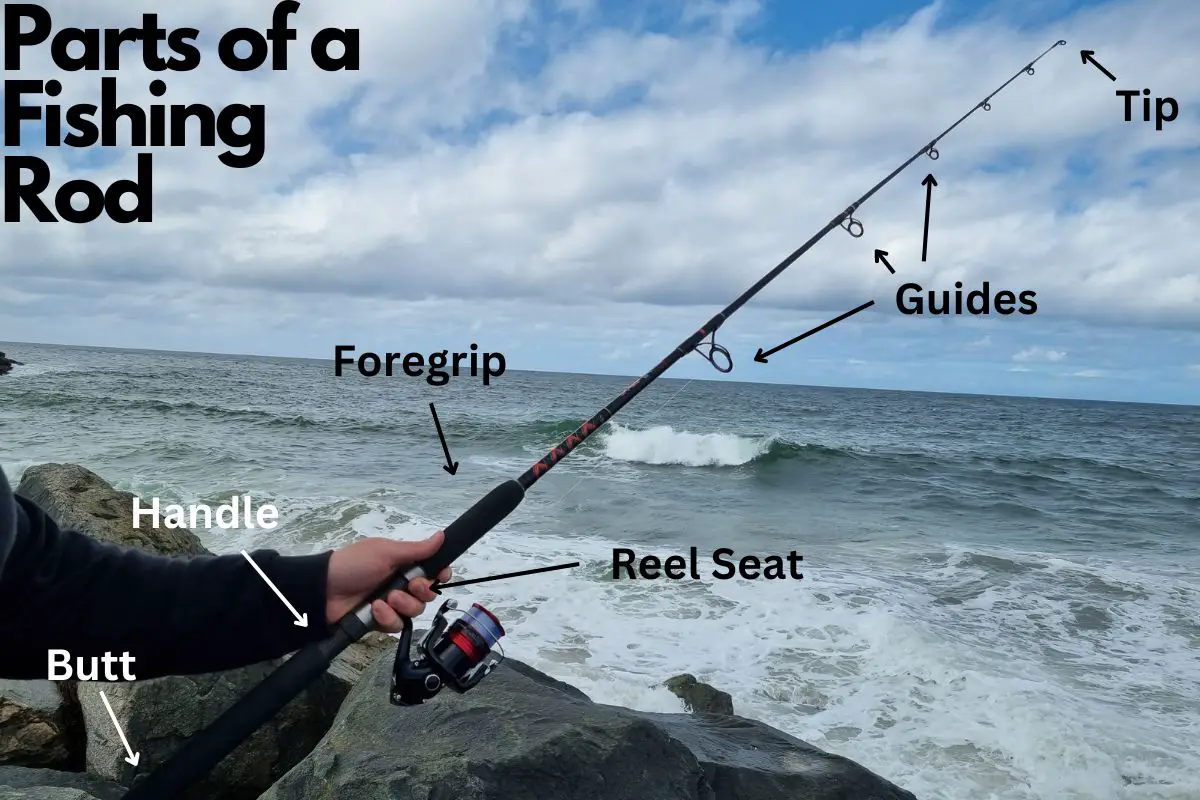Rod Ventura - Exploring The Many Meanings Of 'Rod'
It's quite something, isn't it, how a single word can hold so many different ideas and pictures in our minds? Just a few letters strung together, and suddenly you're thinking about all sorts of things. When you hear a name like Rod Ventura, it almost makes you pause and consider the fundamental idea behind the word "rod" itself. What does it bring to mind for you?
Names, you know, they often carry a certain weight or a bit of history, even if it's just in the way they sound or the feelings they stir up. Taking a moment to explore the very roots of a name, like "Rod," can be surprisingly insightful, even if we're just looking at the word on its own. It's a bit like digging into an old family album, discovering connections you didn't quite expect.
So, we're going to take a little trip through the various ideas and uses connected to the word "rod." From something found in nature to a tool for building, this word has a surprisingly rich story. And in a way, this deep collection of meanings might just connect to the sense of directness or solid presence one might associate with a name such as Rod Ventura.
Table of Contents
- What's in a Name? Understanding 'Rod' and 'Rod Ventura'
- Rod Ventura - A Closer Look at the Word 'Rod'
- How Does a 'Rod' Measure Up?
- Rod Ventura and the Everyday 'Rod'
- Beyond the Physical - What Else Can a 'Rod' Be?
- The 'Rod' as a Symbol of Support and Connection for Rod Ventura
- Are All 'Rods' Created Equal? Exploring Origins
- The 'Rod' in Popular Culture - Beyond Rod Ventura
- Rod Ventura - A Name With Many Echoes
What's in a Name? Understanding 'Rod' and 'Rod Ventura'
It's interesting, isn't it, how a request can lead you down a path of discovery about something quite different from what you initially thought? We're here to talk about "Rod Ventura," and yet, the information provided for our exploration centers entirely on the word "rod" itself – its definitions, its uses, its history. This means that while we can certainly appreciate the sound of "Rod Ventura," we're going to focus on the foundational building blocks of the name, the word "rod," rather than inventing a life story for a person.
To be clear, there isn't any biographical data or personal history supplied for a specific individual named Rod Ventura. As a matter of fact, creating such details would mean making up information, and that's something we simply can't do. Our goal is to work with what we have, which is a really rich collection of meanings for a simple, powerful word. So, we'll be exploring the word "rod" in all its fascinating forms, and perhaps, just perhaps, see how those meanings might, in a very general way, connect to the kind of qualities one might associate with a name that carries such a strong sound.
So, while we can't fill in a traditional biography table for a person called Rod Ventura, we can certainly appreciate the concept of "rod" and how it might subtly influence our perception of such a name. Here's what a personal details table might look like if we had actual information, but for now, it's a placeholder for what we're exploring metaphorically.
| Detail | Information |
|---|---|
| Name | Rod Ventura (Conceptually Explored) |
| Occupation | N/A (No specific information provided) |
| Key Qualities | (To be inferred from the meanings of 'rod') |
| Known For | (The various uses and definitions of the word 'rod') |
Rod Ventura - A Closer Look at the Word 'Rod'
Let's start with something very basic, very natural. A rod, at its most fundamental, is a straight, slender stick. You know, the kind that grows on a tree or a bush, or perhaps something cut right from it. It's a simple image, really, but it carries a lot of weight. Think about how long people have used these simple sticks for all sorts of things. They're a fundamental part of the natural world, and our interaction with it.
This initial meaning, you could say, grounds the word. It connects it to the earth, to raw materials, to something unadorned and direct. It's a very primary sort of thing, a building block. In some respects, it speaks to a kind of unyielding quality, a natural straightness that is just what it is. This directness, this natural form, is the starting point for so many other uses of the word, which is pretty cool when you think about it.
How Does a 'Rod' Measure Up?
Moving from the purely natural, the word "rod" takes on a much more precise role in certain fields. For instance, there's the surveyor's tool, or a unit of length. This is where things get a bit more technical, but no less interesting. A rod, in this context, is defined as sixteen and a half feet. That's a very specific measurement, isn't it? It was a common unit in British Imperial and US customary systems, which is kind of neat.
This particular use of "rod" speaks to accuracy and to the establishment of boundaries. Surveyors, those folks who measure land, would use these tools to mark out property lines, to plan roads, and to generally bring order to the physical world. It’s about creating a framework, a way to quantify space. So, a "rod" here isn't just a stick; it's a standard, a measure that helps build and organize our surroundings. It shows how something simple can be incredibly important for large-scale projects, almost like a foundational element for everything that follows.
Think about it: this fixed length, this unwavering measure, has helped shape the very landscape of our communities for ages. It suggests a kind of steadfastness, a reliability. It's about setting things out clearly, making sure everything is in its proper place. This sense of precision, of being a reliable benchmark, is a very strong aspect of the word, don't you think? It gives a certain weight to the idea of a "rod" as something you can depend on, something that offers a clear point of reference.
Rod Ventura and the Everyday 'Rod'
Then there are the "rods" we encounter in our daily routines, the ones that are just part of the background, doing their job without much fanfare. We're talking about things like a long, thin pole made of wood or metal. Consider the curtain rods in your home, for example. They're just there, holding up your drapes, letting light in or keeping it out. They provide support, a quiet sort of strength, allowing something else to hang freely.
Or think about the steel rods inside the concrete structure of a building. You don't see them, but they're absolutely essential. They help make the building sturdy, giving it the backbone it needs to stand tall against the elements. These are the unsung heroes, really, the parts that provide the hidden strength. They're about reinforcement, about making things stronger and more lasting. This kind of "rod" is all about utility and quiet dependability, which is actually quite remarkable.
A rod can also be a staff, like a walking stick, something that offers support on a long walk or helps you keep your balance. Or it could be a simple metal bar, used for all sorts of practical purposes. These everyday examples show how versatile the basic concept of a "rod" truly is. It's about providing assistance, about being a solid point of contact, something that helps you move forward or keeps things stable. They are, in a way, about simple, practical help, which is something we all appreciate.
Beyond the Physical - What Else Can a 'Rod' Be?
Now, here's where the word "rod" takes a really interesting turn, moving far beyond anything you can hold in your hand. Did you know that "rod" can also refer to a type of cell in the retina? That's the part at the back of your eye that helps you see, especially in dim light. This is a complete shift, isn't it? From a physical object to a microscopic component of our vision. It's pretty amazing how language can stretch like that.
This meaning connects the word "rod" to the very act of perception, to how we take in the world around us. These tiny "rods" in our eyes are crucial for sensing light and shadow, allowing us to navigate our surroundings even when it's not brightly lit. It's about sensitivity, about receiving information. This shows the incredible breadth of the word, from something solid and tangible to something incredibly delicate and vital for one of our most important senses. It really makes you think about how many layers a single word can have.
And speaking of layers, the Oxford English Dictionary, that huge collection of words, lists thirty-two meanings for the noun "rod." Can you believe that? Thirty-two! Two of those meanings are even labeled as obsolete, which means they're not really used anymore. This tells you a lot about how words change and grow over time, how they pick up new uses and sometimes let go of old ones. It's a living thing, language is, constantly shifting and adding new dimensions. This depth of meaning for "rod" is quite something to consider, really.
The 'Rod' as a Symbol of Support and Connection for Rod Ventura
Let's think about the deeper purpose some "rods" serve. Often, a rod is a long, straight piece or object, perhaps cylindrical in shape, made from various materials like wood, metal, plastic, or even glass. Its main job is usually to support something, to guide it, or to transmit mechanical forces. This is where the "rod" becomes an active participant in how things work, how systems function. It's not just a passive object; it's a working part.
Consider how a fishing rod helps you cast your line and pull in a catch, or how a lightning rod protects a building by guiding electricity safely to the ground. These are all about channeling energy, about directing movement, or about providing a firm base. They are tools that enable action, that offer a path or a means to an end. This is a very active sort of meaning for the word, suggesting purpose and direction.
So, a "rod" in this sense is about enabling, about being a conduit. It's about being a reliable link in a chain of events, or a sturdy pillar that holds things up. This aspect of the word suggests a role of direct influence, of being a foundational element that helps things happen. It's a bit like being a steady hand, guiding things along, which is a very powerful idea indeed. This kind of influence is something you could easily associate with a strong name, like Rod Ventura.
Are All 'Rods' Created Equal? Exploring Origins
It's always interesting to peek into the past of words, isn't it? The word "rod" has some old relatives. For instance, you can compare it to the Old Norse word "rudda," which meant "club." That's a pretty strong image, isn't it? A club is a tool, often for striking or defense, implying a certain robustness and directness. And for the root of the word, you can also look at the English word "rid," which has to do with clearing away or making space. These connections give the word "rod" an even deeper history, tying it to very fundamental human actions and tools.
At its core, a "rod" is often described as a straight, round stick or a shaft. This simple description, even with all the other meanings, keeps us grounded in its most basic physical form. It’s about that unyielding straightness, that solid, simple shape that can be adapted for so many different purposes. It’s a very versatile form, really, capable of so much while remaining essentially simple in its structure. This foundational simplicity, yet immense utility, is a pretty cool characteristic, if you ask me.
The 'Rod' in Popular Culture - Beyond Rod Ventura
Sometimes, a word or a name just pops up in places you might not expect, or in contexts that are quite different from its basic definitions. We've been exploring the many meanings of the word "rod," and in the provided text, there's a mention of "Rod Stewart." Now, obviously, Rod Stewart is a person, a well-known singer, and not a literal stick or a measuring tool. This just goes to show how names, even those that share a common root with a word, can take on their own distinct identities.
It's a good reminder that while words have rich histories and many definitions, a person's name, even one that shares a connection to a common word, stands on its own. Rod Stewart's fame comes from his music and his career, not from the physical properties of a "rod." This highlights the difference between a word's dictionary meanings and how a name functions in the world. It’s a subtle but important distinction, showing how language works in different ways depending on its use. So, while the name "Rod" might bring to mind all these definitions, when it's part of a person's name, it takes on a whole new kind of significance, one that's tied to their own story.
Rod Ventura - A Name With Many Echoes
So, we've taken a pretty interesting trip through the various ways the word "rod" can be understood. From a simple branch cut from a tree to a precise unit of measure, from a hidden support in a building to a vital cell in our eyes, the word "rod" is surprisingly rich with meaning. It's about directness, about support, about measurement, and even about the very act of seeing the world.
When you consider a name like Rod Ventura, it’s fascinating to think about how these diverse meanings might, in a very subtle and metaphorical way, resonate. The name could evoke a sense of natural strength, like a sturdy stick, or perhaps the precision of a surveyor's tool. It might bring to mind the quiet dependability of structural support, or even the clarity of vision. This exploration has been all about the word itself, and how its many facets can, in a sense, echo through a name that carries it.

Zebco Slingshot Spincast Reel and Fishing Rod Combo, 5-Foot 6-Inch 2

How to Choose a Fishing Rod: The Complete Guide (Updated 2023)

9 Essential Parts Of A Fishing Rod: Explained – All Fishing Gear